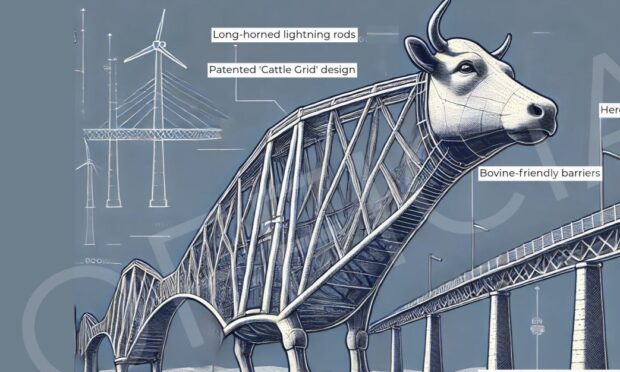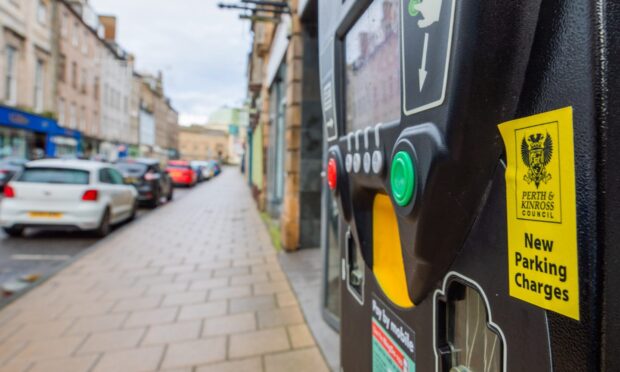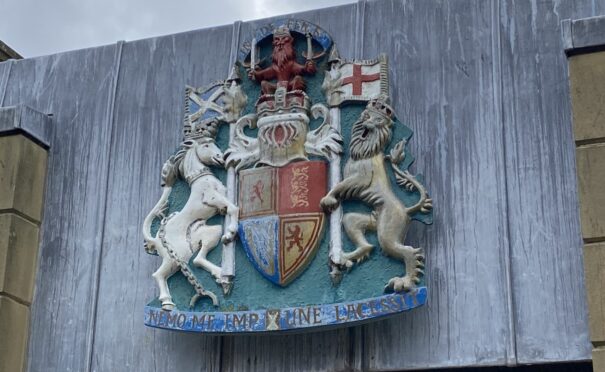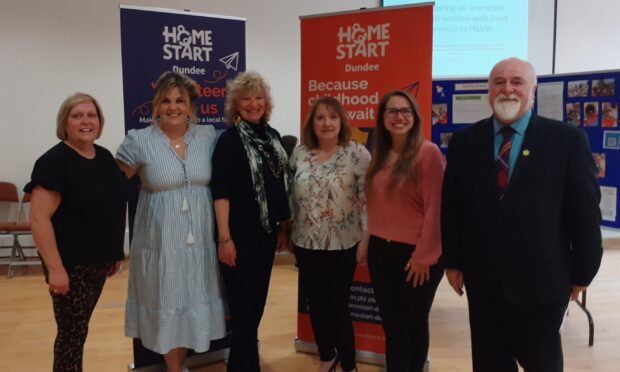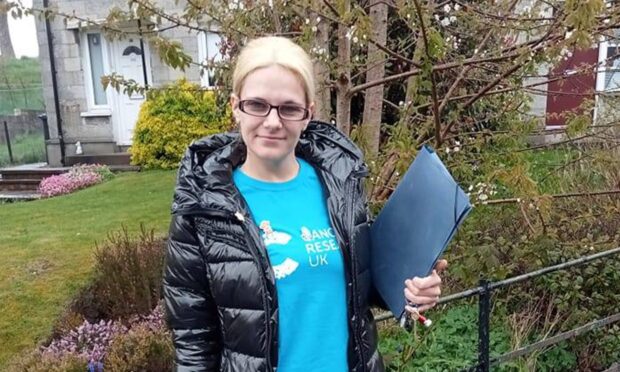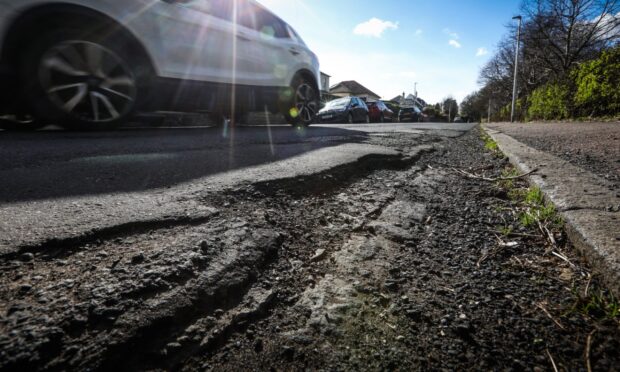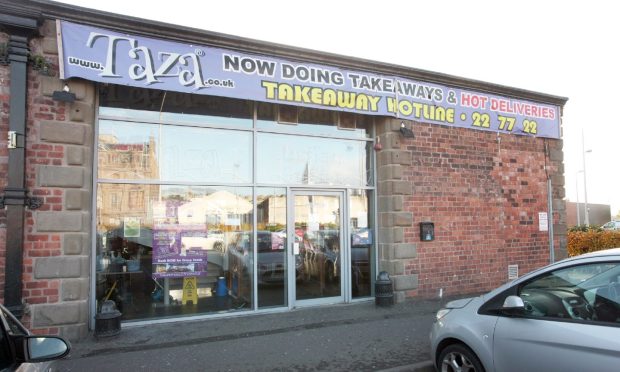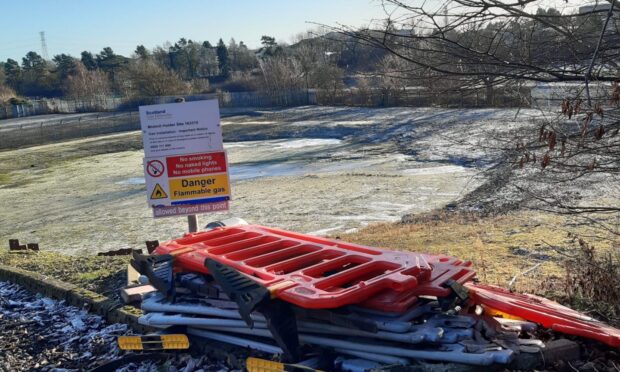Leaders from across the political spectrum have signed the Tay Cities Deal while laying out how the landmark agreement will turn around the area’s underperforming economy.
UK and Scottish Governments have together pledged £300 million, unlocking a further £400 million from various other business, public sector and educational organisations.
Ministers, council leaders, business figureheads and educationalists battled computer gremlins during the Covid-19 compliant online meeting as they promised to deliver improved connectivity and 6,000 jobs in the “industries of the future.”
More than two years after the partners first reached an initial agreement, the nine speakers were content to put past differences aside to highlight the deal’s potential to change lives in communities in north east Fife, Tayside and Angus.
Transformative
UK government minister Iain Stewart, signing his first regional growth deal since joining the Scotland Office, said after the ceremony. “This is a transformative deal.”
He said the money, funding at least 26 projects, would help to rebuild communities already feeling the economic effects of the pandemic.
“Many of the projects are in future growth areas of the economy. This will be where the jobs of the future are to be found. Many of these projects are already shovel ready.”
He said there had only been “a short delay at the end” of the process as the Scotland Office pressured Chancellor Rishi Sunak into releasing UK government funding over a shorter time period than initially considered.
Regional economy is underperforming
Professor Nigel Seaton, principal of Abertay University and chair of the Tay Cities Region Deal Higher and Further Education Forum, laid out the size of the task ahead as projects start to draw down on the funding.
“Our region faces a number of challenges. Its performance is below the Scottish average in several areas, including productivity, employment growth and wage levels and it has pockets of entrenched unemployment.
“With an economy growing more slowly than the Scottish economy as a whole more needs to be done to reverse these trends.
“The deal will support business growth, develop innovative technologies, enhance productivity, enhance skills and create jobs.”
Sense of relief
A disagreement over government timings for releasing their investment delayed final agreement. The deal came close to collapse at several points during tense negotiations.
Key commitments include £62 million for plant research at the James Hutton Institute in Invergowrie, £25m for life sciences projects in Dundee, £26.5m for St Andrews University’s sustainable energy plant in Guardbridge and a £26.5m fund to support ‘mercury’ projects in Angus.
Fife Council co-leader Labour councillor David Ross, chair of the Tay Cities Region Deal Joint Committee, said he was delighted to welcome the other leaders to the ceremony.
“Unfortunately due to public health measures, we can’t get together in person to sign it but I am sure this will be an adequate substitute.”
Other watchers greeted the deal signing ceremony with relief.
Dundee West MP Chris Law, SNP, said it had been a “long time coming”.
“I am relieved that the deal has finally been signed and projects can now get to work on making the Tay Cities Deal’s promising outcomes a reality.”


